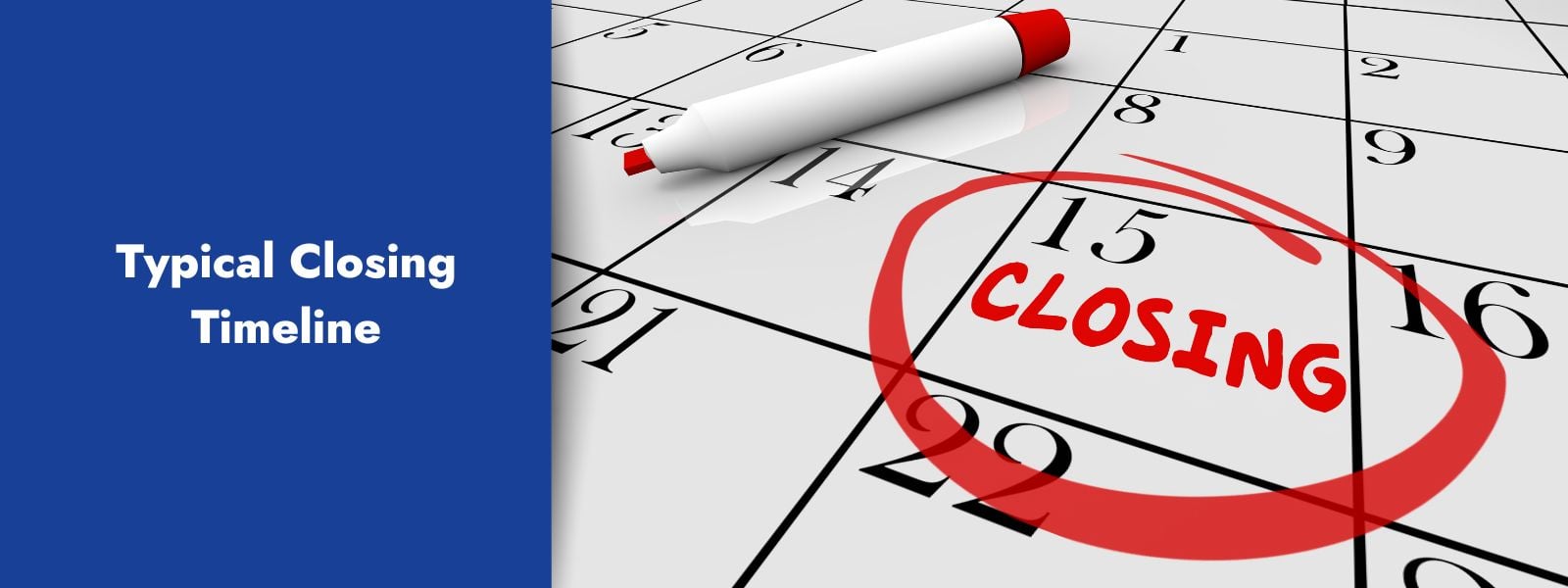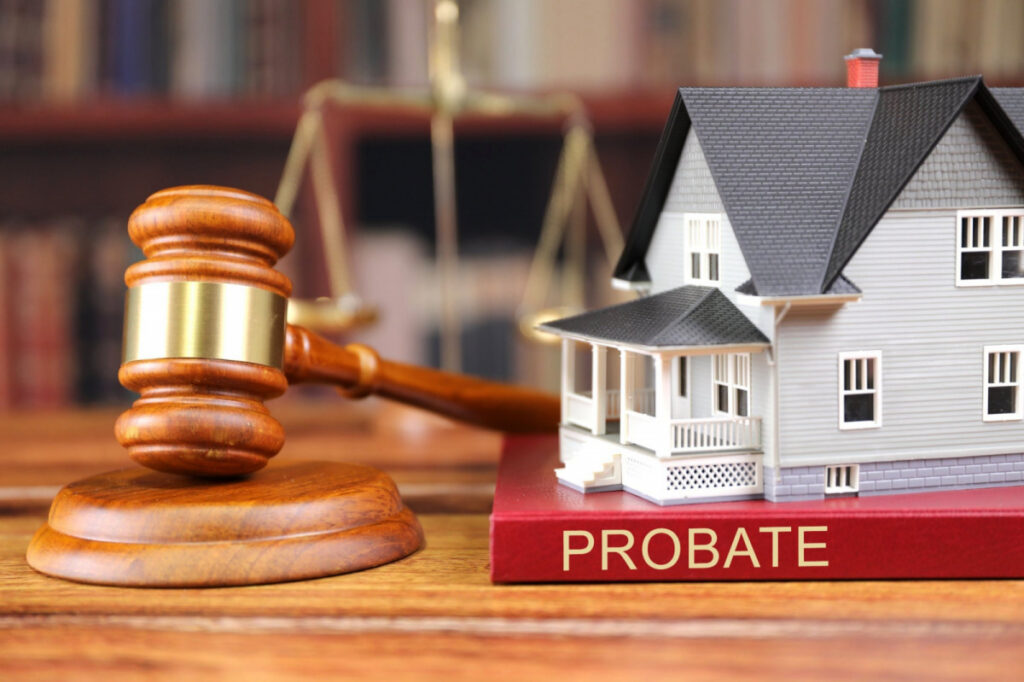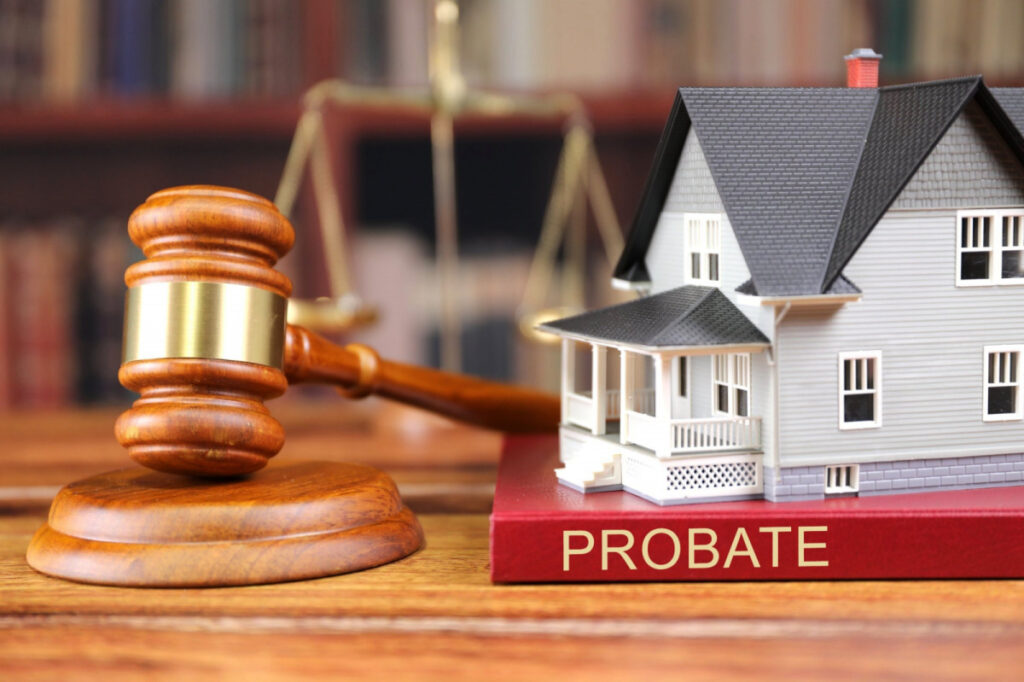If you’re asking, how to sell my house during probate in Dallas Texas without delays or court issues, you’re not alone. Many families in the Dallas area find themselves caught in the emotional and legal maze of probate, trying to figure out how to move forward with inherited property. The good news? Selling a house in probate is possible—and if handled correctly, it doesn’t have to be a drawn-out court battle.
In this article, we’ll walk you through each step of the process, clarify common misconceptions, and use real-world examples to show you exactly what to expect. Whether you’re the executor, an heir, or someone navigating probate for the first time, this guide will help you avoid pitfalls and sell your house efficiently and legally during probate in Dallas, Texas.

Understanding the Probate Process in Dallas Texas
Before we jump into how to sell your house during probate, it’s important to understand what probate actually is. In Texas, probate is the legal process that takes place after someone passes away, and it’s used to validate the deceased person’s will (if there is one) and distribute their assets—including real estate.
In Dallas County, probate is overseen by statutory probate courts, and depending on the complexity of the estate, the process can take several months to over a year. If there’s real estate involved, especially a home that needs to be sold, the court must often approve that sale—unless the will gives the executor independent authority.
So if you’ve been wondering, how to sell my house during probate in Dallas Texas, the answer starts with understanding your legal role and the type of probate case you’re dealing with.
Real-Life Story: The Johnson Family’s Dallas Probate Journey
Let’s bring this to life with a real-world story.
After their father passed away in East Dallas, the Johnson siblings discovered he had left behind a two-bedroom house and a modest bank account. The will named eldest daughter Sharon as the executor, but the property still had a mortgage and needed repairs. Sharon asked the question many find themselves facing: how do I sell my house during probate in Dallas Texas without triggering court delays or disputes with my siblings?
Sharon’s journey involved court filings, property appraisals, coordinating with realtors, and gaining court approval. But thanks to proper legal counsel and planning, she was able to sell the home within six months and distribute the proceeds fairly—without extra hearings or infighting.
Step 1: Determine the Type of Probate Case
In Dallas County, probate cases involving property typically fall into one of three categories:
1. Independent Administration
This is the most common and least court-supervised form of probate. If the will allows the executor to act independently, they can usually sell the house without asking the court for permission each step of the way. This drastically reduces delays and red tape.
2. Dependent Administration
If there’s no will, or if the heirs can’t agree on who should manage the estate, the court may require dependent administration. In this case, selling the house requires filing motions, waiting on court approval, and possibly posting bond.
3. Muniment of Title
If the deceased had no debts (except possibly a mortgage), you may be able to bypass full probate altogether and transfer the house title with court approval under a process called Muniment of Title. But this process doesn’t allow you to sell the house directly—you’ll first need to retitle it.
Understanding which type of probate you’re dealing with is key to answering how to sell my house during probate in Dallas Texas in the smoothest way possible.

Step 2: Get the House Appraised
Once you know what type of case you’re working with, the next move is getting a formal appraisal of the house. In probate court, especially with dependent administration, the court wants to ensure the home isn’t sold for less than its fair market value—because that would harm the heirs.
A licensed Dallas-area real estate appraiser can give you a solid valuation. This not only helps with court approval (if needed) but also gives you a realistic asking price to attract buyers quickly.
And here’s a pro tip: even in independent probate, an appraisal can help prevent family disputes by showing that the sale was fair and transparent.
Step 3: Notify the Court (If Required)
If you’re in a dependent administration or the will requires court oversight, you’ll need to file a motion for authority to sell real estate. This includes:
- The appraised value
- A copy of the listing agreement (if hiring a realtor)
- Terms of the proposed sale
- Justification for selling the house
In Dallas probate courts, a judge will review your request and either approve or deny it. Once approved, the sale can proceed like any other real estate transaction—with one important caveat: proceeds from the sale must be deposited into the estate account and distributed under court supervision.
Step 4: Hire a Realtor Who Understands Probate Sales
Selling a probate property is not the same as selling a regular home. You want a Dallas-based real estate agent who understands:
- Court deadlines and legal filings
- How to price the home for probate court approval
- How to coordinate with estate attorneys
- How to deal with potential title issues or liens
Many realtors in Dallas specialize in probate sales. They can help you market the home while keeping you in compliance with court rules. This one step alone can cut weeks off your timeline and reduce legal stress.
Step 5: Clear Title and Prepare the Home for Sale
Probate properties often come with title issues—unpaid taxes, multiple heirs, or outdated ownership records. Before you close on a sale, a title company will need to ensure the home has clear title.
In Dallas, title companies are familiar with probate property transfers and can flag issues early. It’s also wise to work with a probate attorney to resolve title defects before listing the property.
At the same time, prepare the house for sale:
- Clean out personal belongings
- Make minor repairs if budget allows
- Stage the home for better offers
- Consider selling “as-is” if you lack funds for improvements
All of this impacts how quickly you can sell and how much you get for the property.
Step 6: Handle Offers and Accept a Buyer
Once you get offers, you’ll need to:
- Review them with your probate attorney and realtor
- Compare net proceeds, not just top-line price
- Make sure the buyer understands theprobate process
- Be prepared for a slightly longer closing timeline

In some probate cases, you may need court confirmation before accepting an offer. This depends on whether you’re operating under dependent or independent administration.
But once you accept an offer and move into escrow, you’re on the home stretch of figuring out how to sell my house during probate in Dallas Texas without delays or court issues.
Step 7: Close the Sale and Distribute Proceeds
At closing, the title company handles all the paperwork, and the buyer gets the deed. The sale proceeds go into the estate account and must be used to:
- Pay off the mortgage
- Settle outstanding debts or taxes
- Distribute remaining funds to heirs per the will or intestacy laws
Only once the estate is settled and final paperwork is filed can the executor close the probate case. But the sale of the house is often the biggest—and most stressful—part. Once that’s done, you’re more than halfway there.
Real-Life Cautionary Tale: When Probate Goes Wrong
Not every story ends as smoothly as the Johnsons’.
In Oak Cliff, a man named Leonard tried to sell his late mother’s home before opening a probate case. He didn’t realize he lacked the legal authority to sign the deed. The buyer backed out, the title company refused to close, and Leonard had to start over—this time with a probate lawyer.
His mistake cost him five months and several thousand dollars in lost buyer interest and legal delays. The lesson? Never try to shortcut the process. If you want to know how to sell my house during probate in Dallas Texas, make sure you understand the legal structure first.
Common Mistakes to Avoid
- Trying to sell the home before opening probate
- Not getting court permission when required
- Failing to clear title issues early
- Ignoring disputes among heirs
- Hiring a realtor with no probate experience
- Underpricing the property without a court-approved appraisal

These missteps are avoidable—and costly. They can drag your case out for months, or worse, get the sale voided.
Final Thoughts: Selling a House in Dallas Probate Doesn’t Have to Be a Nightmare
If you’ve been thinking, how to sell my house during probate in Dallas Texas without delays or court issues, you now have a detailed roadmap to make it happen.
The key is knowing your probate type, getting legal and professional help, and staying compliant with Dallas County court rules. It’s not always simple, but with the right guidance, it’s absolutely doable.
And remember, probate doesn’t have to be about confusion and courtrooms—it can also be about honoring someone’s legacy, managing their property with care, and starting fresh with peace of mind.








